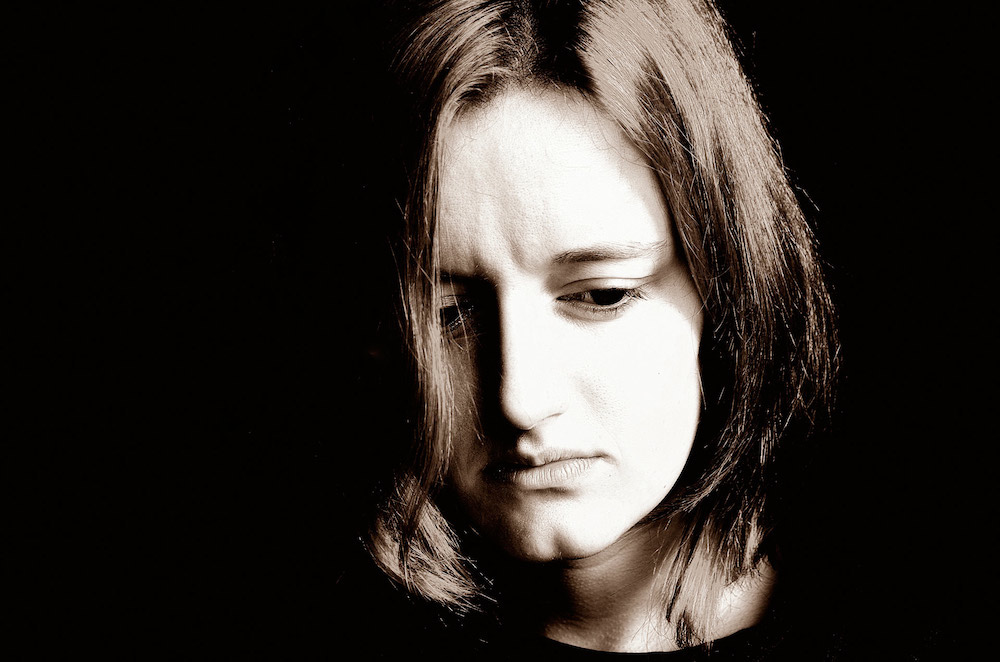
The Psychology of Regret
Written by Elaine Wilson, Posted on , in Section Must Reads
Most of us have heard the adage, “Live with no regrets.” From this, we gather that living with any regret will hold us back, that looking over our mistakes in both the past and present and feeling badly about them is nonsensical. But if we don’t have regret and remember why, will we truly ever learn to do better?
In a lecture that is making its way around the web, journalist Kathryn Schulz gives her take on not just regret, but the psychology of it: “The point is not to live without any regrets, the point is not to hate ourselves for having them” (brainpickings.org).
The bold feeling of regret is something that every human has experienced, and that none of us are comfortable with. People regret romance, arguments, career changes and—tattoos.
Schulz beings her lecture by telling how she got a tattoo and instantly regretted it. In her regret, she went through a myriad of unexpected emotions, and started realizing how we all perceive regret: It is something that is best avoided and forgotten. But, as she points out, “if you want to be fully functional and fully human, and fully humane, I think you need to learn not to live without regret but with it.”
In an article titled, “Turn Regret Into Positive Emotion,” author Lori Chance writes, “While we usually group it in with other negatives such as fear, guilt, jealousy, or anger, regret seems to belong in its own category—negative in some circumstances but positive in others” (selfworth.com). If we don’t remember the regret—if we don’t actually still regret—then we will be incapable of changing what bothers us most, as well as making ourselves incompetent of acknowledging others’ regrets.
It was almost impossible for me to keep in very good contact with my grandfather, back when I was a teen. We did not have a phone, and occasional letters and even less frequent phone calls from a payphone were our only access to each other; but I thought of both him and my grandmother every day.
When he died in 1998, I felt a keen loss, wishing I had done more to keep in contact with him, even with us thousands of miles apart. The years went by, I got married, and got a phone, which I used to call my grandmother fairly frequently. But one day, my aunt mentioned how lonely my grandmother was without us—again, thousands of miles away. I remembered the sharp regret that I’d had with not doing more for my grandfather, and I began the weekly tradition of a card. Even though I called her just as often or more, the card was something she looked forward to, and it became a hunt for me to find the perfect one every week. My cousin told me later, after Grandma's death in 2007, just how much the cards had meant to her.
Regret teaches us lessons. Regret reminds us of how much something or someone means to us. And, to quote Kathryn Schulz again, “We feel regret when we think we are responsible for a decision that came out badly but almost came out well.”
It is important for us to reflect on regret—vital even. We can assess what happened and take the truth with us—the fact that, in this, we made the wrong choice, or the choice that was not the better one. Envision it as taking the small ball of light from the dark problem you were faced with—that light is the lesson within the mistake. With it will come a few shadows, reminding us of the regret we felt so that when we walk—maybe even dance back down the road of life, we will remember how that situation felt and will be loathe to repeat it.
“Regret,” Chance wrote in her article, “is the perfect mirror to show us what we did wrong—in what ways our actions or inaction went against our core values. And when we realize what we want to change from the past, we can use that information to behave more appropriately in the future.”
But while it is important to learn to live with regret, it is essential to live with it in a good way. Like the dysfunctional relationship you have spent years regretting, you cannot allow your affiliation with past regret take over your emotions and corrode your psyche with guilt. Regret should be a companion that whispers gentle reminders into your ear, not an angry demon come back from dark mistakes. Schulz showed the audience at her lecture the actual tattoo, and many gasped in surprise—it was beautiful. Schulz acknowledged that most people said so, then tied the whole premise together when she told them, “Some of your own regrets are not as ugly as you think they are”.
As we move into the future of our lives, it is important to take our hard-earned lessons and even our regret with us. And when we do other things that cause us remorse, we will pluck up that lesson and keep going. Because, as Schulz said, “Regret doesn’t remind us that we did badly. It reminds us that we can do better.”
